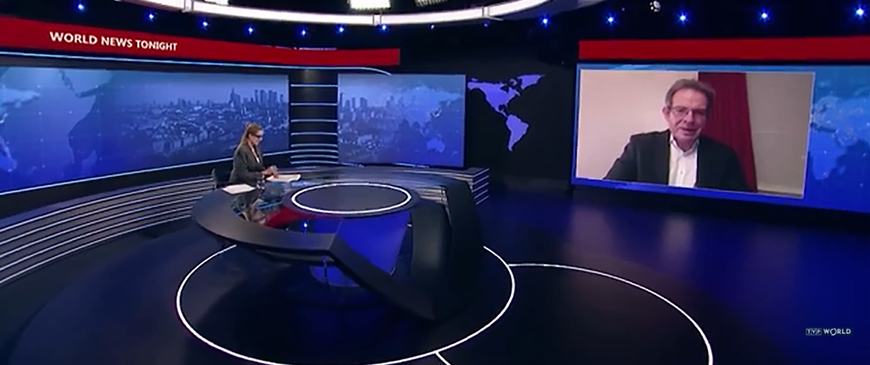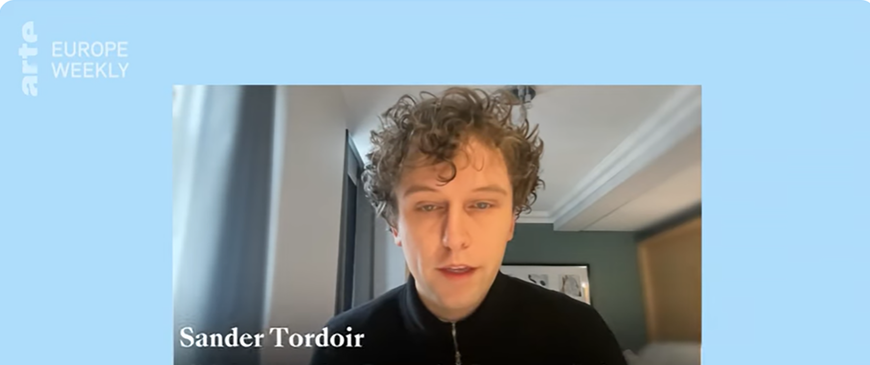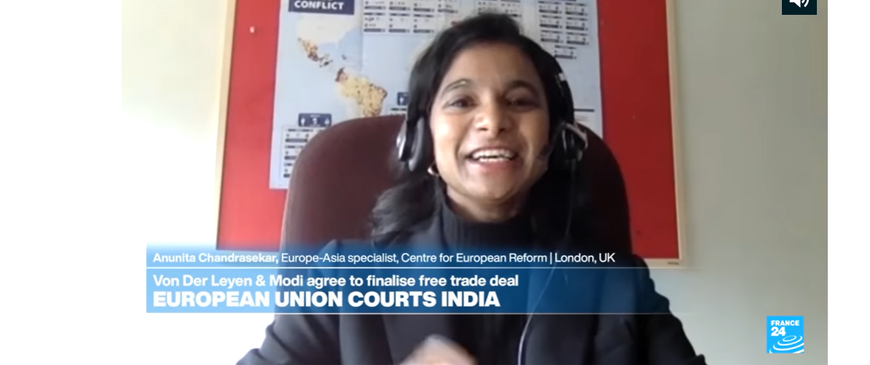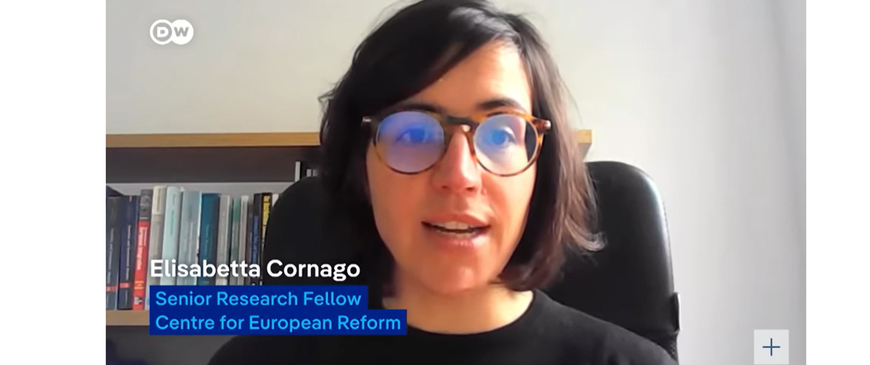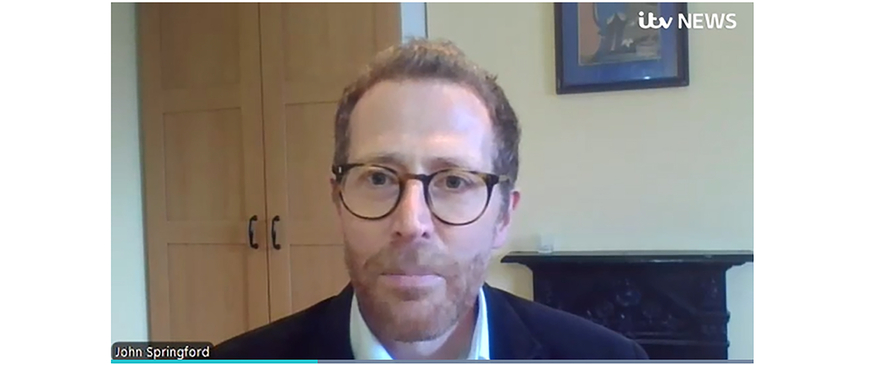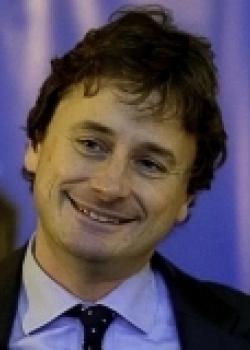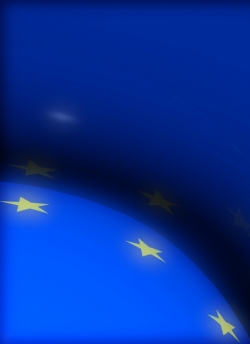Press
What we talk about when we talk about Germany
05 November 2010
Financial Times
Charles Grant, director of the Centre for European Reform, has a nice summary of the debate up on his group's website, with some telling insights about the mood in France over the recent bluster from Berlin ... But Mr Grant also points out how destabilising even the narrowly-focused treaty changes envisioned by the 27 countries could be. Even if Ireland and Denmark are able to avoid referenda on the new language - which could be just a sentence or two added to the Lisbon treaty - other countries could cause problems, Mr Grant notes.
EU eyes tougher regulation for credit rating agencies
05 November 2010
Deutsche Welle
"The financial crisis did expose a number of problems with ratings agencies, including major conflicts of interest," Philip Whyte, a senior research fellow at the Centre for European Reform, told Deutsche Welle. "The people that were paying credit rating agencies were the same people whose securities were being rated. There's also been a certain amount of disquiet about the power that ratings agencies have," he added.
Europe fears Obama reverse will hurt ties with US
03 November 2010
Khaleej Times
Ahead of his White House victory two years ago, "people sort of idealistically believed Obama will get in and all will be fine, that there'd be progress on issues such as climate, tensions, trade," said Hugo Brady at the Centre for European Reform. "None of these hopes have been fulfilled...Apart from moral underpinnings, there hasn't been a great deal of improvement."
Shift in Washington stirs economic jitters abroad
03 November 2010
New York Times
From the perspective of those outside the United States, "Republican claims to fiscal probity are a little difficult to buy into," said Simon Tilford, the chief economist at the Centre for European Reform in London. "What they're advocating would probably increase the deficit rather than effect the dramatic reduction which they claim they want to bring about."
David Cameron's budget fight remains an EU sideshow
29 October 2010
The Guardian
David Cameron has won his first European victory. At this week's EU summit in Brussels, he seemingly persuaded a dozen other European leaders to back his demand to limit to 2.9% next year's EU spending increase. Britain's eurosceptics wanted a freeze or a reduction.
EU sets sights on treaty change
29 October 2010
Reuters
"If the biggest country in the EU wants something, it's probably not unrealistic to say that it's going to get it," said Hugo Brady, a political analyst at the Centre for European Reform think-tank.
Cameron's EU austerity drive: Mixed results
29 October 2010
Time
All this leaves Cameron's campaign looking more like a symbolic gesture to bolster the austerity drive in the UK, says Philip Whyte, Senior Research Fellow at the London-based think-tank the Centre for European Reform. "The size of the EU budget is peanuts. But whatever the reasons—good or otherwise—to raise the EU budget, it is a difficult sell back home ... Unfortunately, the substance in this issue is often overlooked in Britain, where political debates on Europe are generally reduced to an 'us and them' approach."
Germany makes its power felt on treaty change
29 October 2010
Reuters
"To achieve that sort of reversal, especially when almost every other member state except France was fuming about how this was being carried out, is a clear diplomatic victory for the Germans," said Hugo Brady, a senior research fellow at the Centre for European Reform, a think-tank. … "It shows that if the biggest country in the European Union wants something, it's probably not unrealistic to think that it's going to get it. … There was a very simple strategy deployed by Germany," said Brady, referring to its brinkmanship.
Russia's WTO conundrum
27 October 2010
Financial Times
Katinka Barysch, deputy director of the Centre for European Reform agrees, but takes a glass-half-full approach: "[Russia's] elite benefits so handsomely from the current structure that I'm not even sure thorough economic reform is possible. But in an economy that is as inefficient as Russia's, even small changes can make a big difference."
Paris and Berlin at odds over default system
25 October 2010
Financial Times
"For the French, sovereignty is absolute, so a state cannot go bankrupt," said Katinka Barysch, deputy director of the Centre for European Reform, a think-tank. "They do, of course. There are plenty of history precedents. But to plan for it may seem harder for the French than for Germany's legalistic minds."
Euro-fighter phalanx is crumbling
25 October 2010
wiwo.de
Almost half a year after the dramatic crisis meetings in Brussels, many EU capitals are tempted to move on to business as usual. "There is a risk that complacency sets in before a sustainable new framework has been created," says Katinka Barysch from the CER think-tank in London.
French support means attempt at alteration of Lisbon Treaty possible
22 October 2010
New York Times
Charles Grant, director of the Centre for European Reform, said that if there was a treaty change "there is a danger that other countries will jump on the bandwagon and introduce their pet likes and dislikes. ...Hopefully the French and Germans and the EU institutions will insist on this being a very narrow and specific treaty change on eurozone governance that would allow Cameron to face down the Conservative Eurosceptics," Mr Grant said.
The rise of the Euro-punks
22 October 2010
E!Sharp
Recently I attended an off-the-record Brussels “think-in” where a very prominent European politician wondered out loud what the future would be for the EU now that his children’s generation were taking the reins.
“People talk about a lack of political leadership in Europe but there are deeper factors at work,” he...
“People talk about a lack of political leadership in Europe but there are deeper factors at work,” he...
Merkel cedes ground in pact on debt rules
21 October 2010
The Wall Street Journal
"Germany has had to acknowledge political reality: There was no chance of getting what they wanted past France, Italy or Spain," says Simon Tilford, chief economist at the Centre for European Reform, a non-partisan think-tank in London.
Caution fights to be heard in German upswing
18 October 2010
New York Times
What basically explains the German recovery is contained in an observation in the contrarian manner by Philip Whyte, a senior research fellow at the Centre for European Reform, remarking that "Germany resembles a bungee jumper in the spring-back phase." The German economy fell more deeply than any other industrial nation in 2009 and has naturally rebounded faster than its peers, Mr Whyte wrote last month.
Germany eases stance on near-automatic penalties for overspenders after pressure from France
18 October 2010
Fox
"The eurozone is likely to be the loser in this," said Simon Tilford, chief economist at the Centre for European Reform in London. He says big Asian economies like China and South Korea will race to keep their own currencies stable against the dollar.
Eurozone and currency wars
15 October 2010
The Wall Street Journal
Separately, Simon Tilford at the Centre for European Reform published a piece today: "What currency wars mean for the eurozone." He points out that the eurozone's trade with the rest of the world is roughly in balance and that nobody could accuse the European Central Bank of launching policies to weaken the euro. Mr Tilford points out that Germany blocked discussion of imbalances at the recent Group of 20 meeting, arguing that it's for deficit countries to put their own houses in order.
Europe frets over foreign investments in the defence industry
15 October 2010
Yale Global Online
A small number of sovereign investors, sometimes originating from non-democratic states, are buying shares in European aerospace and defense companies. Some EU governments have responded by calling for tougher controls on foreign investment in these industries.
But there is no need for alarm. The European defence sector is sufficiently protected by...
But there is no need for alarm. The European defence sector is sufficiently protected by...
Germany demands NATO show greater commitment to nuclear disarmament
14 October 2010
The Guardian
"France wants no language on nuclear disarmament," said Tomas Valasek, defence analyst at the Centre for European Reform. "France and Germany are very very far apart on this."
Wilders' impact felt as Dutch coalition sworn in
13 October 2010
Financial Times
"The Dutch used to be considered an 'old reliable' when it comes to funding the EU – that may now be changing," says Hugo Brady, researcher at the Centre for European Reform, a think-tank.

